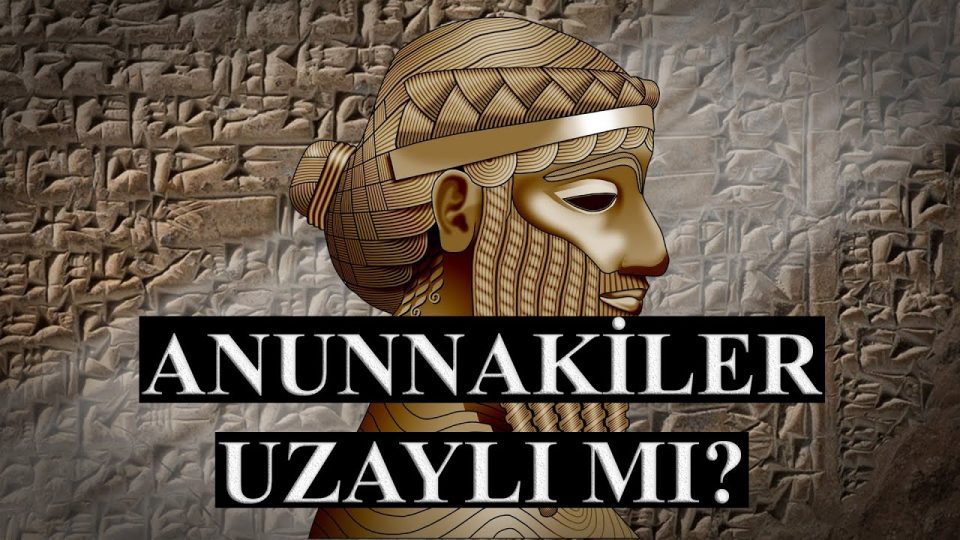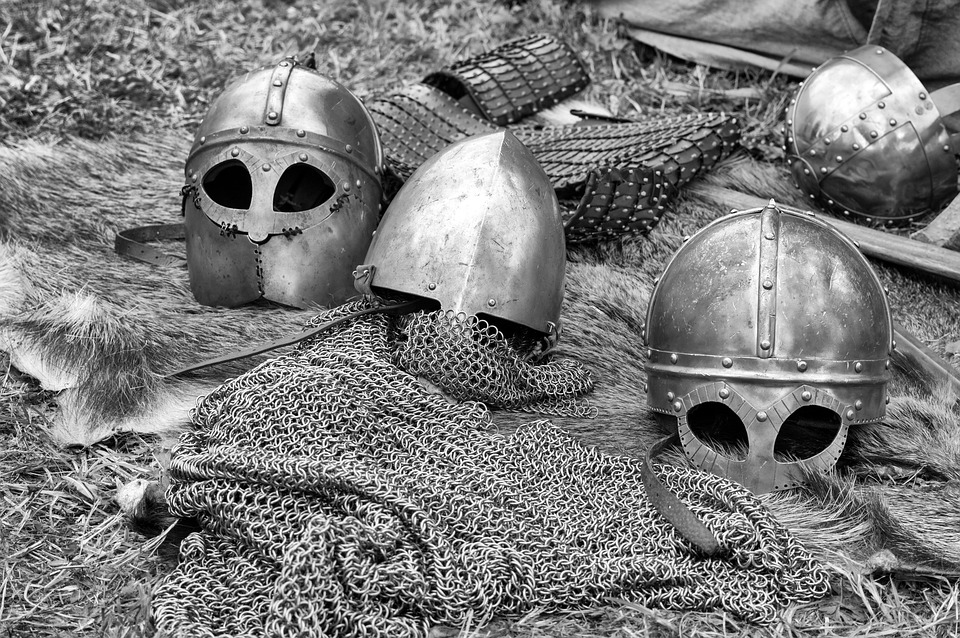The Spanish War of Succession, also known as the War of the Spanish Succession, was a conflict that lasted from 1701 to 1714 and was fought primarily between the forces of the Bourbon dynasty and the Habsburg dynasty for control of the Spanish crown. The main causes of the war were rooted in the complicated succession crisis that arose after the death of the childless King Charles II of Spain in 1700.
Charles II had designated his French Bourbon relative, Philip, as his heir in his will. This decision was unpopular with other European powers, particularly the Habsburgs, who feared that a French Bourbon monarch would be too powerful and could upset the balance of power on the continent. As a result, the Habsburg Emperor Leopold I, with the support of England and the Dutch Republic, declared war on France in 1701 to prevent Philip from taking the Spanish throne.
The conflict quickly spread to other parts of Europe, with France and Spain on one side and the Habsburgs, England, and the Dutch on the other. The war was fought on multiple fronts, including Spain, Italy, the Low Countries, and Germany. The Bourbon forces were led by Philip V, while the Habsburg forces were led by Archduke Charles, the second son of Leopold I.
The war was characterized by a series of major battles, including the Battles of Blenheim, Ramillies, and Malplaquet, which were won by the Habsburg forces. However, the Bourbon forces also had significant victories, such as at the Battle of Almansa, which allowed them to maintain control over much of Spain.
The war had several long-term consequences for Spain and Europe. Firstly, it solidified the Bourbon dynasty’s hold on the Spanish crown and established Philip V as the country’s monarch. This led to closer ties between Spain and France, as the Bourbon monarchs of both countries shared a common lineage.
Secondly, the war marked the end of the Habsburg dynasty’s dominance in Europe and paved the way for the rise of the Austrian Empire under the Habsburgs’ successors, the House of Habsburg-Lorraine.
Thirdly, the war had a significant impact on the economy and society of Spain. The conflict drained Spain’s resources and resulted in the loss of many of its colonies, including the Netherlands and parts of Italy. This weakened Spain’s position as a major European power and contributed to the country’s decline in the 18th and 19th centuries.
Moreover, the war also brought about significant social and political changes in Spain. The Bourbon monarchs introduced reforms aimed at modernizing the country and strengthening the central government. This included the creation of a centralized bureaucracy, the establishment of a standing army, and the promotion of trade and commerce.
However, the war also had negative consequences for Spain’s political stability. The conflict exacerbated existing regional tensions and led to the growth of separatist movements in Catalonia and other parts of the country. Additionally, the war was fought in part by foreign mercenaries, which contributed to the growth of a powerful military caste in Spanish society that would play a significant role in the country’s politics and governance in the years to come.
In conclusion, the Spanish War of Succession was a complex conflict that had far-reaching consequences for Spain and Europe. It was driven by a combination of dynastic rivalries, geopolitical ambitions, and economic and social factors. The war’s outcome solidified the Bourbon dynasty’s hold on the Spanish crown and established Philip V as the country’s monarch, but it also weakened Spain’s position as a major European power and contributed to the country’s decline in the following centuries.












